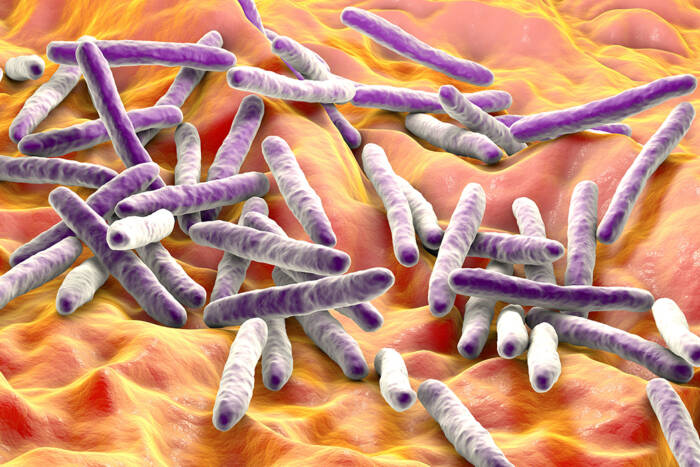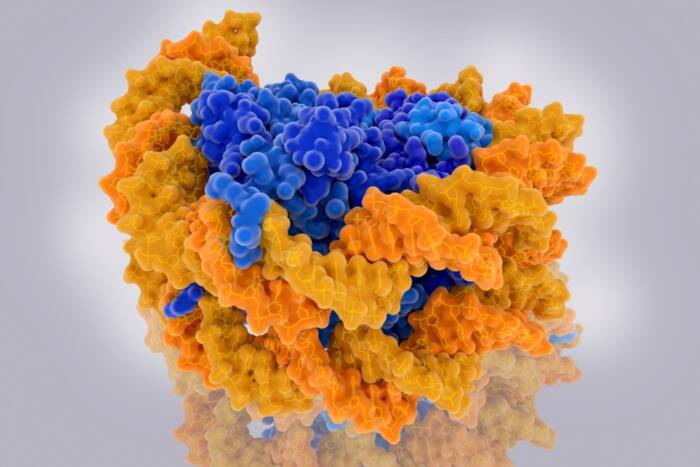Madhav Dhodapkar to move to Yale
by TALLEY HENNING BROWN
Madhav Dhodapkar, head of Rockefeller University’s Laboratory of Tumor Immunology and Immunotherapy, has accepted a new appointment as professor of medicine and chief of hematology at Yale University School of Medicine and director of hematologic malignancies and stem cell transplantation at the Yale Cancer Center. Dr. Dhodapkar plans to expand the clinical aspect of his research when he moves his laboratory to Yale this summer.
A graduate of the All India Institute of Medical Sciences in New Delhi, India, where he received his medical degrees, Dr. Dhodapkar served as assistant professor of hematology and oncology at the Myeloma Institute of the University of Arkansas Medical Sciences before joining Rockefeller in 1998. “It was Rockefeller’s particular strength in immunology and the presence of Ralph Steinman at Rockefeller that drew me to come work here 10 years ago,” says Dr. Dhodapkar, who was an assistant professor in Dr. Steinman’s Laboratory of Cellular Physiology and Immunology before becoming head of his own lab as Irene Diamond Assistant Professor in 2001. He was promoted to associate professor in 2004 and named Leon Hess Associate Professor in 2007.
Dr. Dhodapkar works to understand how the human immune system detects and responds to growing tumors in people with multiple myeloma, a cancer of the plasma cells in bone marrow that affects upward of 45,000 people in the United States. It was Dr. Dhodapkar’s work with stem cell transplants in the 1990s that convinced him that immunology might lead to effective therapeutic possibilities for cancer. “Following a transplant, the donor T cells react against tumor cells in the patient receiving the transplant; it’s called the graft-versus-tumor effect,” he says. Dr. Dhodapkar is also interested in whether there is immune recognition against cancer cells in people who don’t have cancer, and if so, how that immune recognition is happening and what causes the dysfunction of those immune cells in cases where tumors develop. “Our goal is to translate the evolving body of knowledge surrounding these questions into something that is clinically useful, because our belief is that it should be possible to actually harness the immune system against cancer,” he says.
Dr. Dhodapkar’s work at Rockefeller has contributed to the recognition that the immune system targets preneoplastic lesions in people without tumors, and also helped identify the drug thalidomide as a treatment for multiple myeloma, developments that have helped increase long-term survival rates from under five percent to nearly 25 percent.
At Yale, Dr. Dhodapkar will shift his focus to emphasize translational research, as many of his laboratory findings — specifically, ideas for new vaccines — are at a preclinical stage. “Having greater access at Yale to facilities for making dendritic cell and other vaccines should allow us to ask many of the clinical questions we have formulated and hopefully will fuel that part of our research,” he says.
After accepting the position last fall, Dr. Dhodapkar began moving his laboratory to Connecticut this spring and he expects the transition to be complete by late summer. “There is so much I will miss about Rockefeller, because it is a very special place. Not only are there phenomenal scientific minds here, but also the people here who don’t directly do science care so much about helping to create an environment that is tremendously supportive,” he says.


